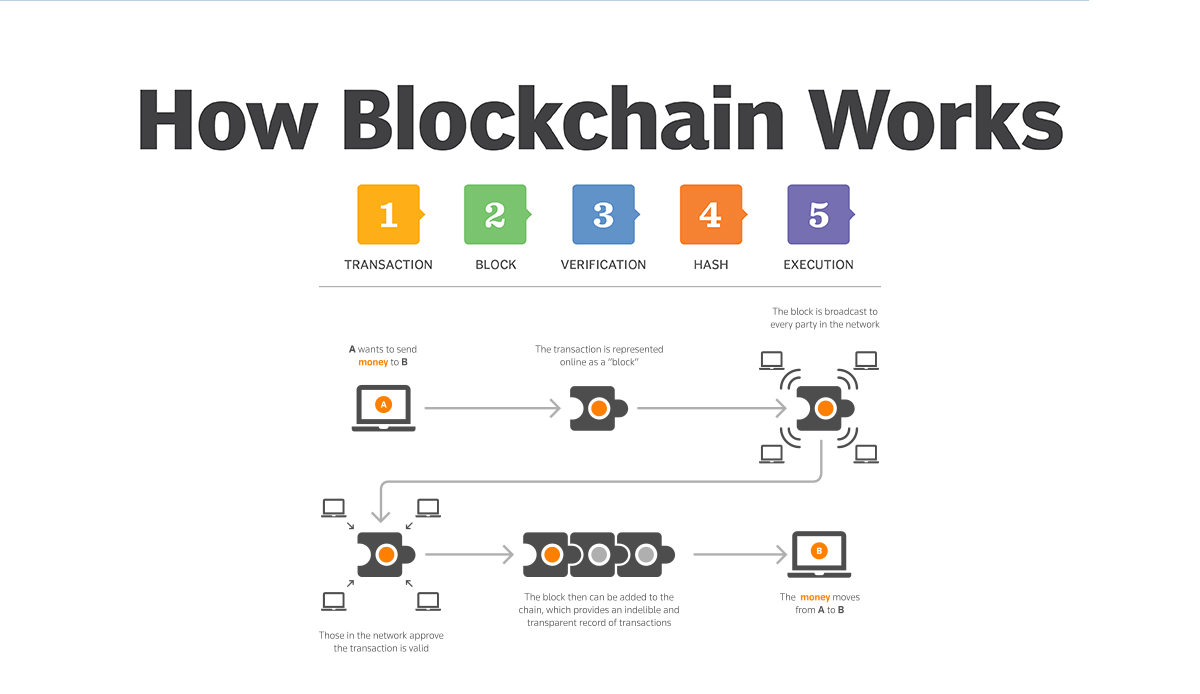The Basics of Blockchain: An Introductory Q&A
Q1: What is blockchain technology?
Ans: Blockchain is a decentralized digital ledger that records transactions in a secure and transparent manner. It allows for the creation of a tamper-proof and immutable record of transactions, making it ideal for use in a wide range of industries.
Q2: How does blockchain work?



Ans: Blockchain works by creating a network of nodes that verify and record transactions in a digital ledger. Each block in the ledger contains a cryptographic hash of the previous block, creating a chain of blocks that cannot be tampered with. Transactions are verified by a network of nodes, ensuring that no single entity has control over the ledger.
Q3: What are the benefits of using blockchain technology?



Ans: The benefits of using blockchain technology include increased security, transparency, and efficiency. Blockchain allows for the creation of a tamper-proof and immutable record of transactions, reducing the risk of fraud and corruption. It also enables greater transparency and accountability, as all participants in the network can view and verify transactions. Finally, blockchain can improve efficiency by automating and streamlining many of the processes involved in transaction verification and record-keeping.
Q4: What are some applications of blockchain technology?
Ans: Blockchain technology has a wide range of applications, from finance and banking to healthcare and supply chain management. In finance, blockchain can be used to create a secure and transparent system for financial transactions and record-keeping. In healthcare, blockchain can be used to securely store and share patient data, while also ensuring privacy and confidentiality. In supply chain management, blockchain can be used to create a transparent and traceable record of products as they move through the supply chain.
Q5: What are some challenges associated with blockchain technology?



Ans: Some of the challenges associated with blockchain technology include scalability, interoperability, and regulation. As the number of transactions in a blockchain network grows, the system can become slow and inefficient. There is also a need for greater interoperability between different blockchain networks, allowing for seamless communication and integration. Finally, there is a need for greater regulation and standardization in the use of blockchain technology, particularly in industries where it is used for financial transactions and record-keeping